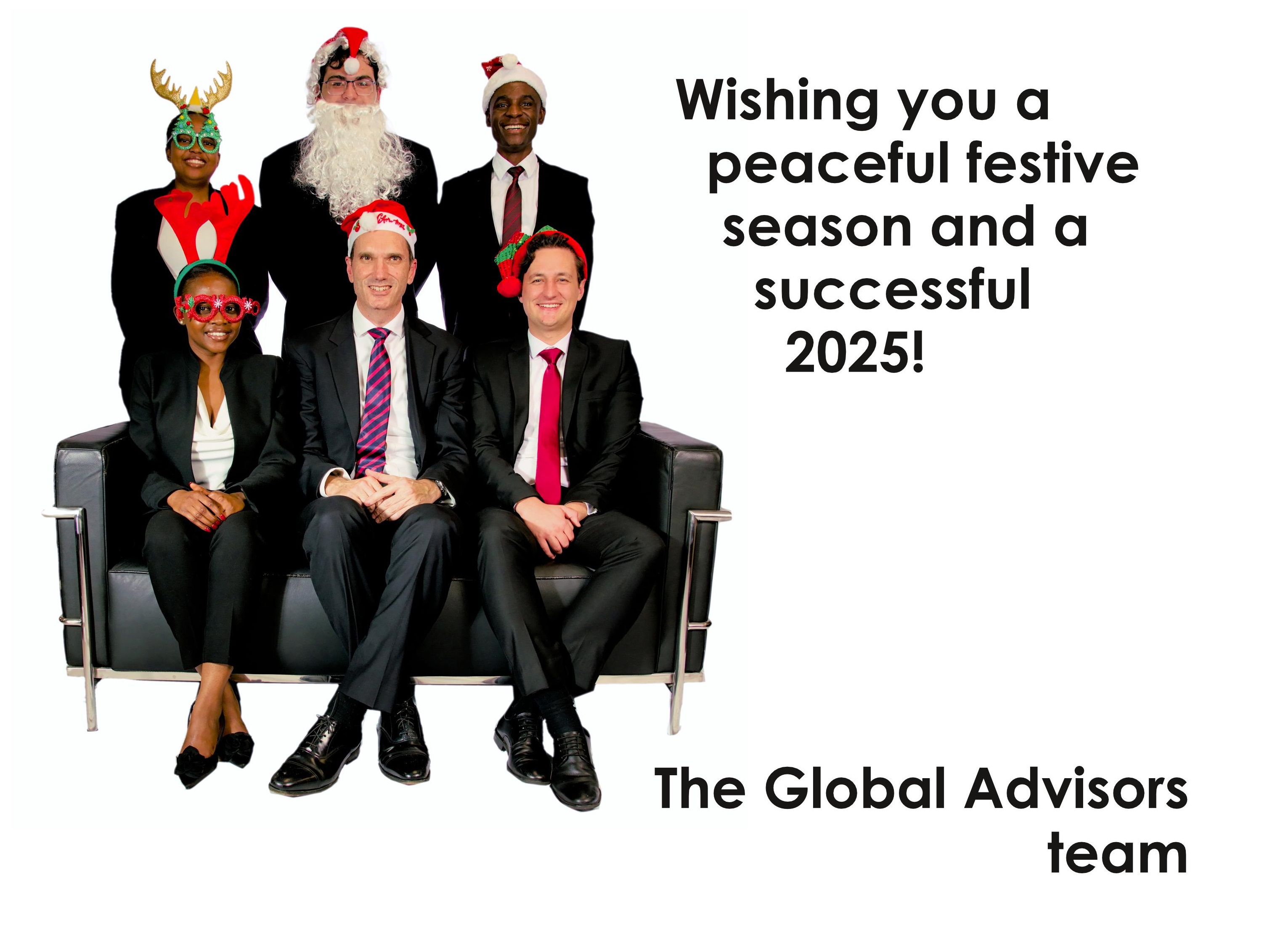Job description
About Us: Global Advisors is a boutique strategy consulting firm renowned for our quantitative approach to strategy formulation. We leverage advanced probability modeling, Monte Carlo simulation, and scenario development techniques to help our clients navigate uncertainty and achieve measurable results. Our team is comprised of experts with advanced training in economics, finance, mathematics, and statistics.
Role Overview: We are seeking a meticulous and dedicated Data Integration Specialist to join our dynamic team. The successful candidate will manage and process extensive proprietary and public data sources that feed into our data lake. This role involves data cleaning, structuring, staging, and ensuring the integrity of millions of data rows critical to our analytical processes. A core component of this role will involve integrating data from our operational systems.
Key Responsibilities:
– Data Management:
- Handle large volumes of proprietary and public data, ensuring confidentiality and accuracy.
- Serve as the data steward for our data lake, overseeing data updates and refreshes.
– Data Cleaning and Structuring:
- Perform meticulous data cleaning, structuring, and staging to prepare data for analysis.
– ETL Processes:
- Develop and maintain automated Extract, Transform, Load (ETL) processes for efficient data handling.
– Technical Proficiency:
- Utilize SQL, data platforms, and AI tools to manage and process data effectively.
- Work with platforms such as MySQL, Postgres, and other database systems.
- Familiarity with systems such as Debian, Docker, and open-source applications.
- Support and manage applications such as Nextcloud, OpenProject, Zimbra, Nginx, Pykota, IPFire, ClamAV, Bacula, Zabbix, Glpi, WordPress, Moodle, Koha, SQL Ledger, SuiteCRM, Horilla, Matrix, FreePBX, n8n, Huginn, and Wallabag.
- Develop and integrate new solutions to enhance our IT environment, utilizing tools such as PHP, R, R Shiny, Python, and Posti for data analytics and visualization.
– AI and Automation:
- Support AI-enabled applications and workflows to enhance our consulting services with Retrieval Augmented Generation (RAG) and Graph data.
– Collaboration:
- Work closely with analytics and economic modeling teams to understand data requirements and ensure data is fit for purpose.
- Work under the guidance of the Technology manager.
Full-time, On-Site:
- Global Advisors is committed to a full-time, on-site presence in our offices.
- This role is in-office, on-site.
Qualifications:
– Education: Bachelor’s degree in Computer Science, Finance, or a related field. A joint major in Computer Science and Finance is highly desirable.
– Technical Skills:
- Strong proficiency in SQL and familiarity with various data platforms.
- Experience with AI tools relevant to data management.
- Knowledge of ETL tools and processes.
- Familiarity with systems such as Debian, Docker, and open-source applications.
– Experience:
- Prior experience in data cleaning, structuring, and staging.
- Experience handling large datasets is essential.
– Attributes:
- Exceptional attention to detail and a methodical approach to work.
- Ability to maintain confidentiality with sensitive data.
- Strong problem-solving skills and the ability to work independently.
- Strong communication skills, with the ability to explain technical concepts to non-technical users.
What We Offer:
- Competitive salary and benefits package.
- Opportunities for professional growth and development.
- A collaborative and innovative work environment.
- The chance to work with cutting-edge technology and contribute to impactful projects.
How to Apply:
If you are passionate about data management and eager to support a leading consulting firm with your expertise, we invite you to apply. We do not accept emailed applications. It is critical that you read the application carefully and use our online application form to provide evidence of your suitability for the role. Application effort is a key success factor.
Job Details
– Employment: Full-time
– Industry: Business Consulting and Services
This advert will redirect to the Global Advisors website and pre-select the position applied for as “Support”. Please ensure this remains selected to ensure your application is correctly routed.
Your application effort is a critical success factor to your progressing to the interview stage.





















